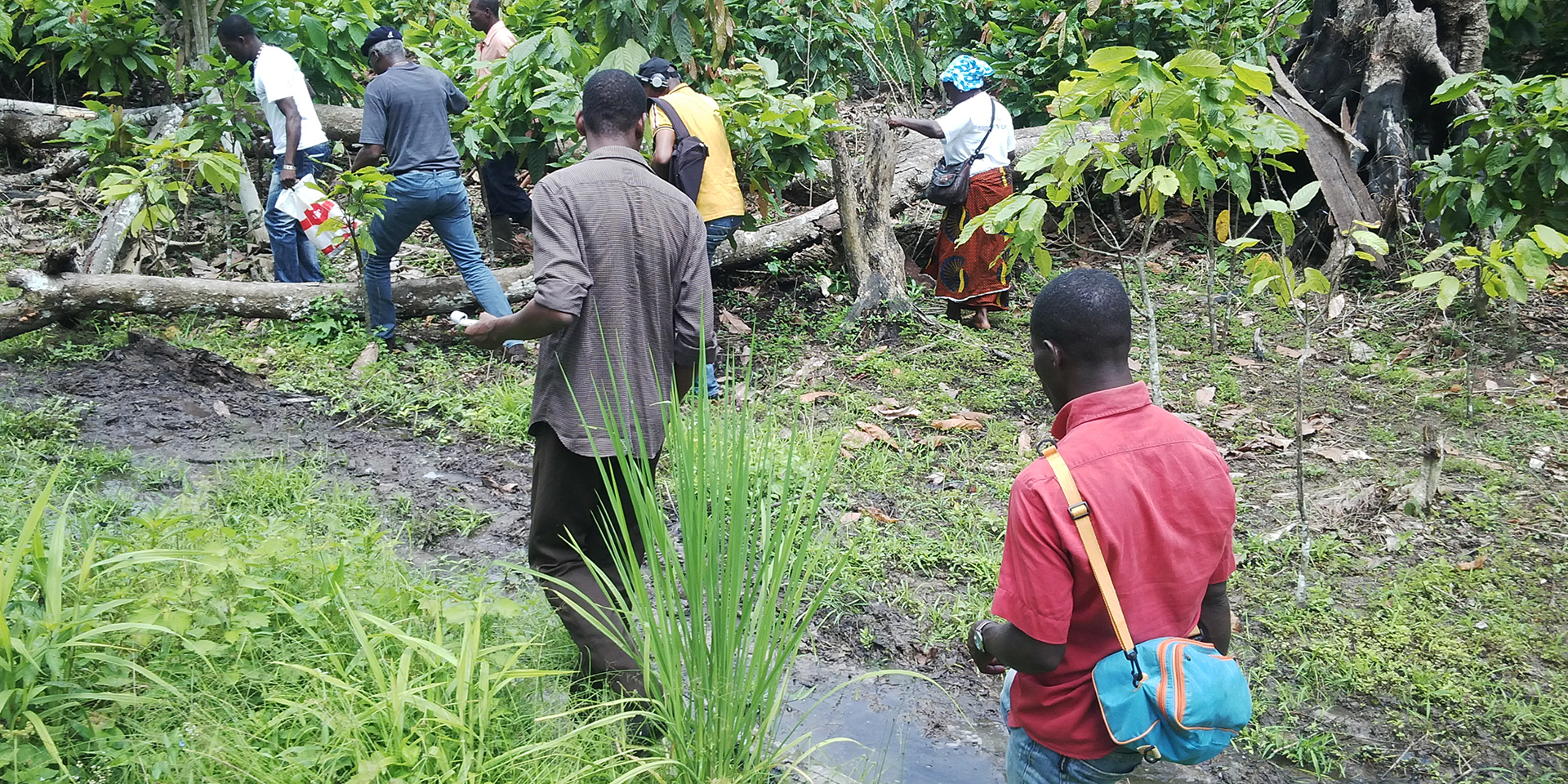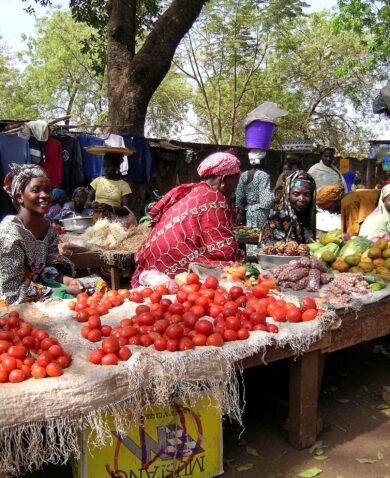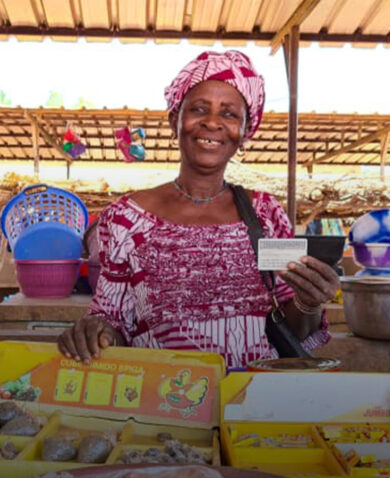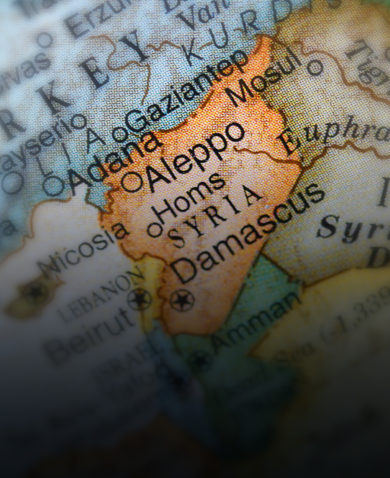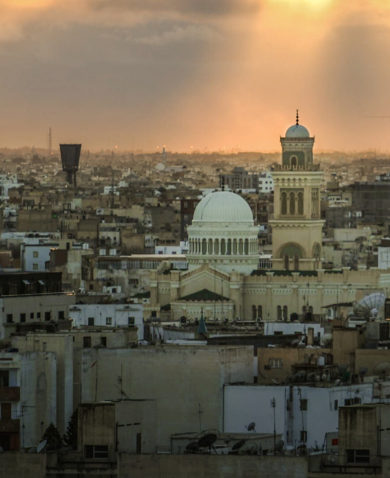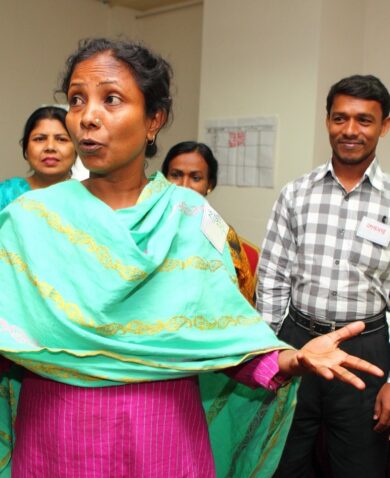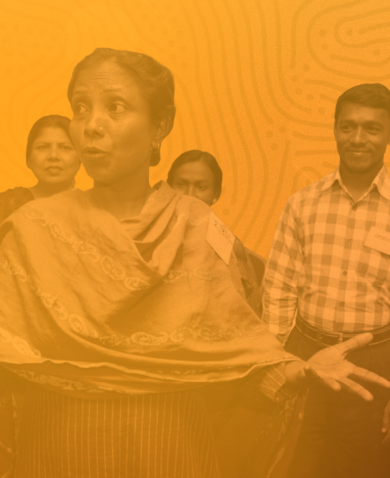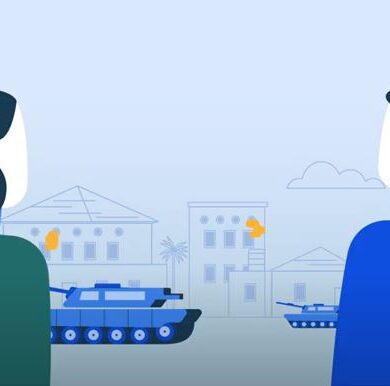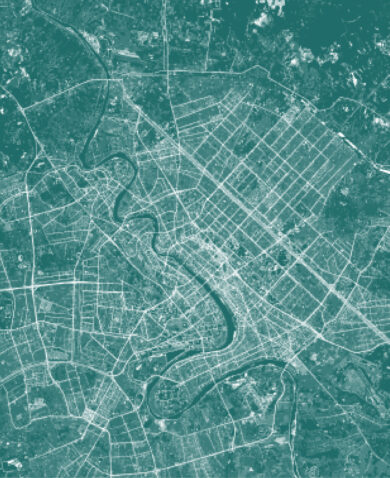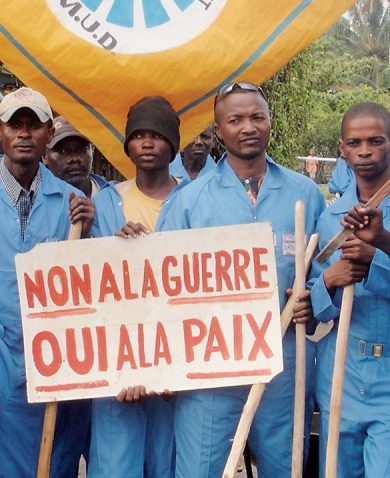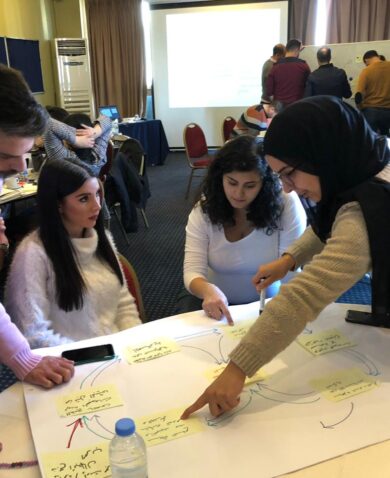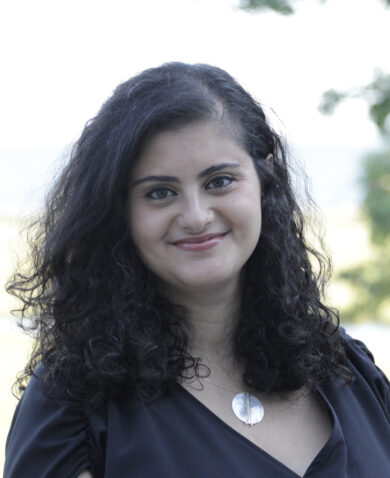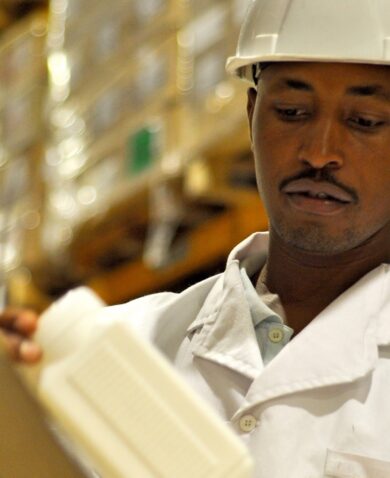An especially memorable part of the workshop was when the village committees came together to complete the hardest part of the land border negotiations: delimitation of a border that required participants to walk together through waist-high water that cuts between the villages.
After the workshop, the initiative facilitated two inter-community meetings. The first, in Béoué, brought 84 people from both villages together, including 12 women, to reflect on what they had learned and appropriate legal actions for land disputes. Shortly after, the initiative facilitated a meeting in Dah during which 146 people, including 39 women, reviewed the same issues and discussed how best to work through future disputes.
Throughout the activity, local cultural norms were blended with the negotiation process, which helped ensure the process was locally led. For example, the final session in Dah began with an offering of liquor by the Dah chief to the Béoué visitors, a symbol of unity and a pledge of reconciliation for the future.
The significance of the workshop was not lost on local populations. Alain L., a journalist who covered the pilot activity for the local community station Radio Guernon, emphasized the need to use this success as a way to inspire neighboring communities.
“This is unheard of here, succeeding in getting two village committees together to delimit their territories,” he said. “I think this activity should be publicized throughout the western region to inspire other villages.”

